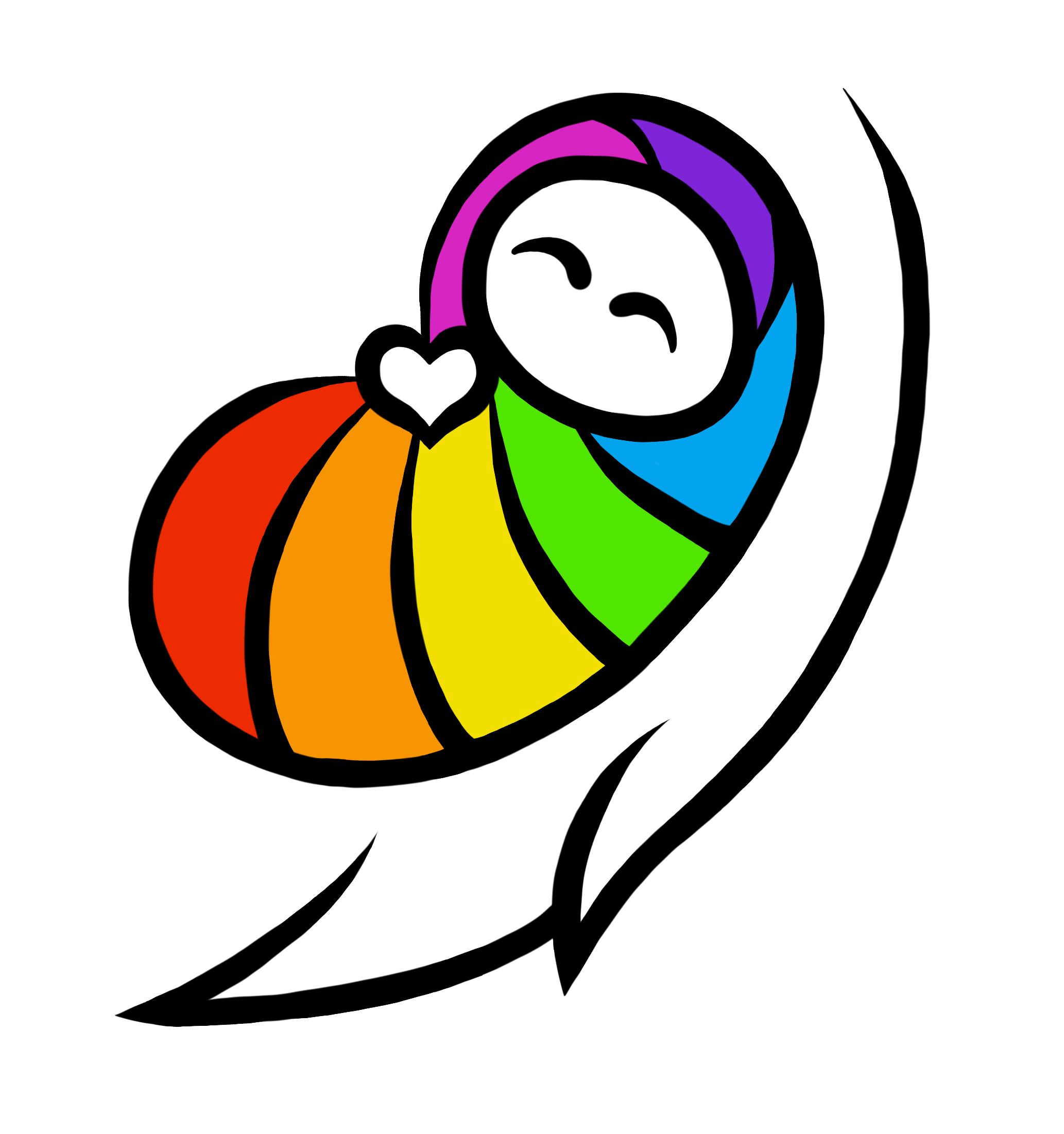If your booking blood tests show that you have a positive blood group, this page is not for you!
If you have a negative blood group, and you are carrying a baby with a positive blood group, It is usually not an issue for your first baby. However, during pregnancy or birth, there is a chance that your baby’s blood may get into your bloodstream, which will cause your body to make Rhesus antibodies. While it usually does not affect the first positive-group baby you carry, it may affect future pregnancies with positive blood group babies, and cause destruction of the baby’s red blood cells and severe jaundice. This is a condition known as haemolytic disease of the foetus and newborn (HDFN), and in severe cases it can cause brain damage or death to the baby.
To prevent HDFN, people with a negative blood group are offered two doses of Anti-D in pregnancy, and another dose after the birth if cord blood tests show that the baby has a positive blood group. Anti-D removes baby’s blood cells from the parent’s blood, preventing the parent from making antibodies to Rhesus positive blood.
New Zealand currently does not offer prenatal blood group testing, so all people with a negative blood group who are pregnant are offered Anti-D in pregnancy just in case their baby has a positive blood group.
The two doses in pregnancy are offered at 28 and 34 weeks, and are administered in the Antenatal Day Unit at Palmerston North Hospital.
Like everything in pregnancy, it is your choice whether to have Anti-D. It is a blood product, made from the plasma of specific donors, and it is tested thoroughly before being sent out to ensure its safety.
